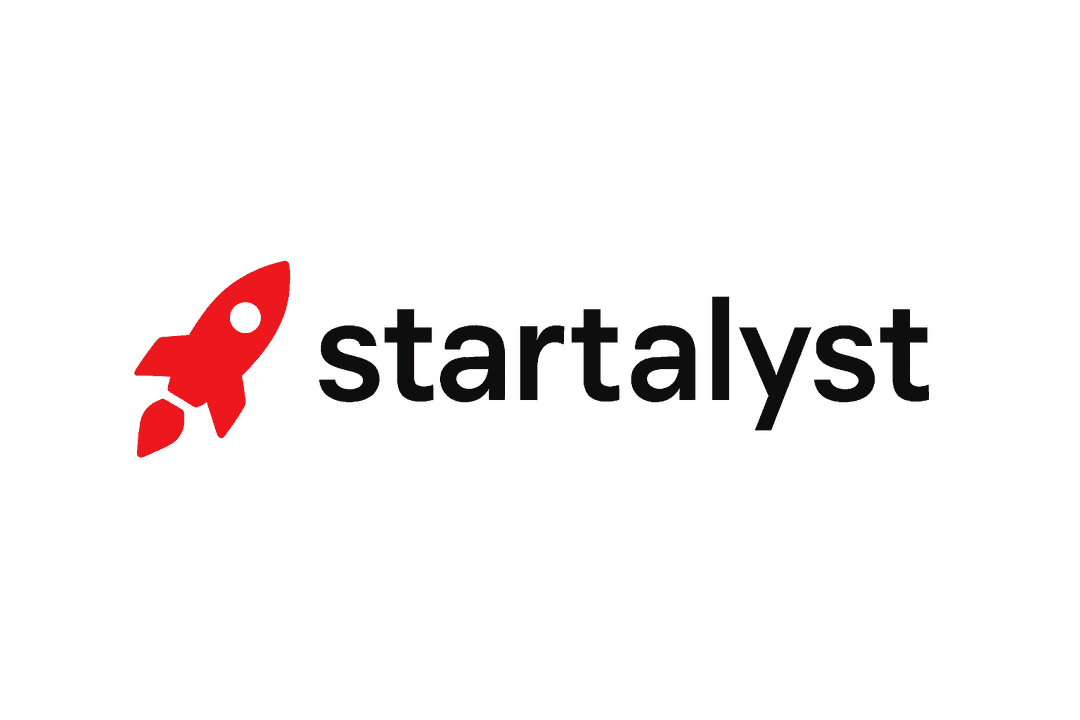Retirement Business Ideas Starter Guide
How to Get the Best Results
Start by matching your everyday strengths and local needs, not some idealized business model. The most successful retirement business ideas begin with a clear skill you enjoy and a small, testable offer you can deliver from home or in your neighborhood.
Run cheap experiments: a weekend workshop, a handful of clients, or a one-page listing on a local marketplace. Measure interest, collect feedback, then refine pricing and delivery before you invest in equipment or a full website.
Step 1 — Who are you?
Pick the background that most resembles your life today; that will shape realistic retirement business ideas that fit your energy, schedule, and social circle.
- Retired teacher — curriculum design — You can create short adult-education courses for community centers and online platforms.
- Former nurse — patient care — You can offer medication reminders, home safety reviews, or companion visits for local seniors.
- Ex-accountant — bookkeeping — You can manage small-business books on a part-time, monthly basis for neighborhood firms.
- Hobby gardener — horticulture — You can design low-maintenance gardens and run seasonal planting workshops for neighbors.
- Corporate manager — operations — You can consult with local shops on systems, scheduling, and simple profit improvements.
- Home cook — culinary skills — You can sell frozen meals, run supper clubs, or teach small-group cooking classes.
- IT administrator — tech support — You can provide one-on-one tech setup and troubleshooting visits for older adults.
Step 2 — Add interests & skills
List practical interests and skills you enjoy; they will determine the types of retirement business ideas that feel sustainable and fun.
- Gardening can be monetized as consulting, raised-bed installation, or plant-swap events for retirees in your area.
- Cooking lets you build a neighborhood meal delivery, niche catering, or themed pop-up dinners with minimal upfront cost.
- Bookkeeping makes you a natural fit for monthly bookkeeping services for sole proprietors and landlords.
- Teaching enables you to run workshops, tutoring sessions, or online microcourses tailored to other retirees.
- Pet care opens opportunities for dog walking, pet sitting, and short-term boarding for neighbors on vacation.
- Woodworking allows you to craft small furniture, repair services, or host weekend beginner classes at community centers.
- Travel positions you to design small-group day trips, local history tours, or specialty itineraries for your peers.
- Tech help gives you repeat business from one-on-one coaching and home-device setup appointments.
- Social media can become a boutique service managing posts and local listings for nearby shops.
- Photography lets you sell portrait sessions, event coverage, or local landscape prints to community buyers.
- Event planning equips you to coordinate small celebrations, anniversary parties, and neighborhood fairs on a project basis.
- Financial literacy provides chances to teach budgeting classes, create simple coaching packages, or write short guides for retirees.
Step 3 — Set available capital
Decide how much you want to invest upfront; many retirement business ideas scale from very low cost to modest purchases that speed growth.
- ≤$200 Use that budget for printed flyers, a basic online listing, ingredient kits, or a starter toolset for small repairs.
- $200–$1000 Spend this range on a quality camera, workshop supplies, a laptop for bookkeeping, or paid ads to test demand.
- $1000+ Invest here if you plan to rent a workspace, buy specialized equipment, or create a professional website and booking system.
Step 4 — Choose weekly hours
Pick a time commitment that feels comfortable and realistic; most retirement business ideas succeed with consistent, predictable availability.
- Evenings work well for teaching classes, running supper clubs, or offering virtual coaching after daytime activities.
- Mornings suit gardening services, dog walking, and bookkeeping when clients prefer early appointments.
- Weekend blocks let you test workshops, pop-up markets, and weekend tours without disrupting weekday routines.
Interpreting your results
- Match the combination of your background, interests, capital, and hours to practical pilot projects you can launch within a month. A low-cost, low-hours test gives fast feedback and limits stress while you learn.
- Focus on a single lead channel to start: word of mouth, a neighborhood Facebook group, or a flyer at the local library. Track how each client found you and which offers convert, then double down on the most reliable source.
- Price simply and clearly: offer package pricing or session rates that cover materials and your time. For services that scale, add add-on options such as pickup, expedited delivery, or guest spots in classes.
- Keep overhead low by using shared spaces, trading skills with other retirees, or selling via existing marketplaces. Reinvest early profits into the small tools or marketing that directly increase bookings.
- Plan for the nonbillable parts: scheduling, invoicing, taxes, and basic insurance. Even a tiny admin routine once a week prevents problems and keeps the business enjoyable.
Use the generator above to iterate through different combinations of background, skills, capital, and hours until you find retirement business ideas that feel practical and exciting.
